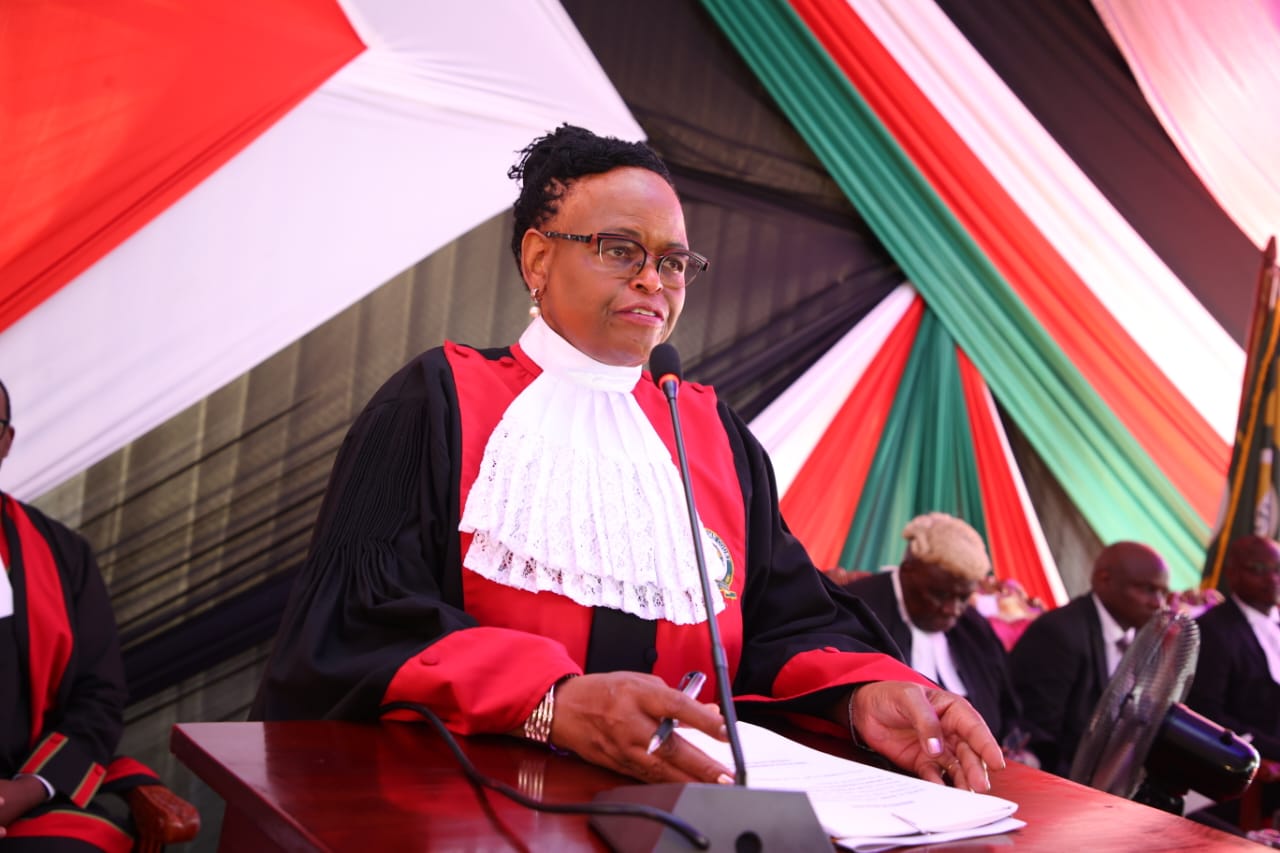MPs back bill to recognise and support informal schools for marginalised learners

Members of Parliament (MPs) have thrown their support behind a proposed law that seeks to formally recognise and support informal schools serving learners in informal settlements and other marginalised areas across the country.
The Basic Education (Amendment) Bill, 2025, sponsored by Mathare MP Anthony Oluoch, aims to anchor Alternative Provision for Basic Education and Training (APBET) institutions within the legal framework of the Basic Education Act (Cap. 211).
If passed, the bill will enable such schools to be legally registered, funded, and integrated into the national education system.
During a public engagement session held at Parliament Buildings on Thursday, July 10, 2025, the National Assembly Committee on Education, chaired by Vice Chair Eve Obara (Kabondo Kasipul), met with key stakeholders, including the Unified APBET Schools Association of Kenya and the Complementary Schools Association of Kenya.
The stakeholders outlined the dire challenges faced by APBET schools, including a lack of infrastructure, exclusion from public funding, teacher shortages, and barriers to national examinations.
Oluoch explained that the bill seeks to give legal effect to an already existing policy framework.

“The purpose for which this bill was made was, first, to anchor an already existing policy, the Policy Framework for Alternative Provisions for Basic Education and Training,” he said.
“The second purpose is to ensure recognition, registration, and support for schools otherwise left out due to a narrow definition under the current law.”
He cited Mathare as an example, noting that despite its small size, just four square kilometres, it houses over 56,000 learners who cannot be absorbed into public schools due to a lack of space.
These students are currently accommodated in informal schools that receive no government funding or recognition.
On her part, Kabondo Kasipul MP Eve Obara affirmed the Committee’s support for the bill, stating, “Education should not be a privilege. We will support this bill to help learners in informal settlements.”
Concerns
However, some MPs raised important concerns about accountability and oversight. Jerusha Momanyi (Nyamira County) questioned how APBET schools would be audited, especially if taxpayer money is involved.
“How will you be audited? Have any of these institutions ever received taxpayer money?” she asked, calling for robust safeguards.
The bill introduces measures to ensure transparency and sustainability, including a registry of all APBET institutions, capitation grants, curriculum guidelines, and infrastructure support for eligible schools. It also aims to bridge the gap between formal and informal education systems.
If passed, the Basic Education (Amendment) Bill, 2025, will provide a lifeline to millions of overlooked learners and mark a major milestone in Kenya’s push for inclusive and equitable education.














